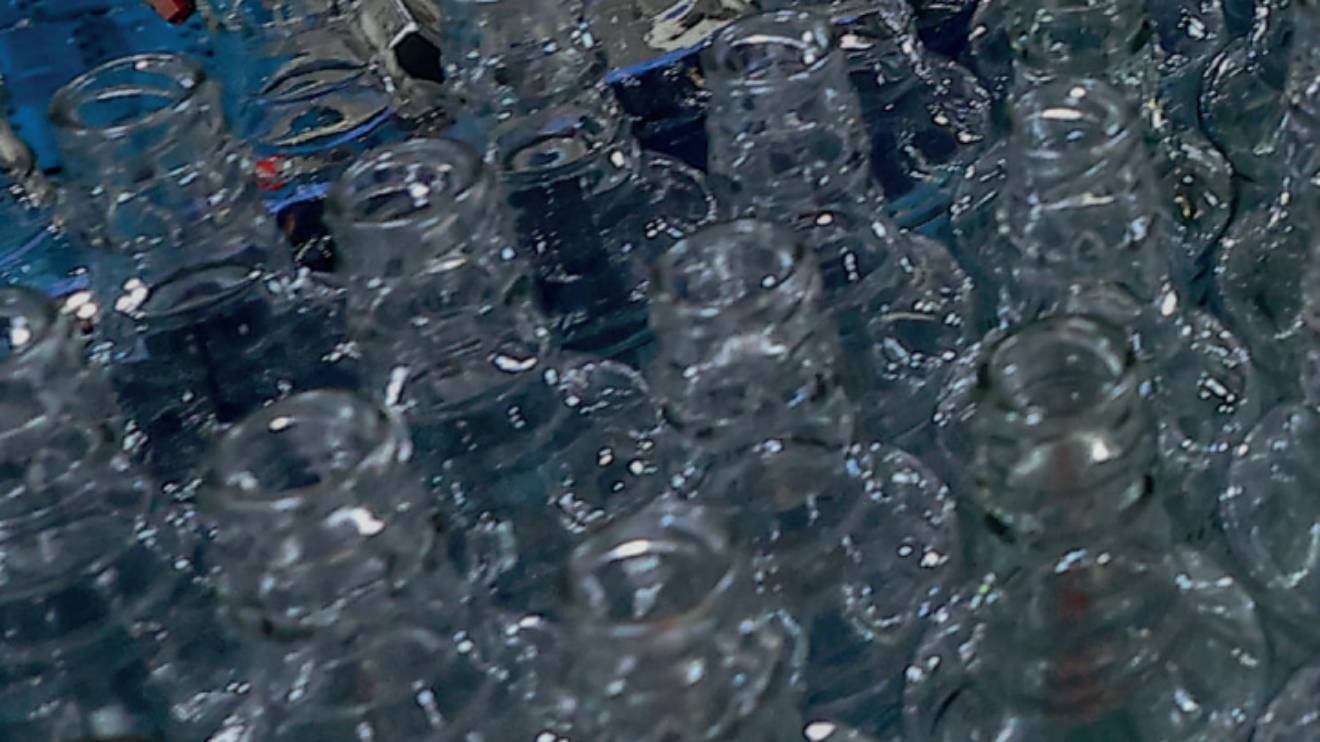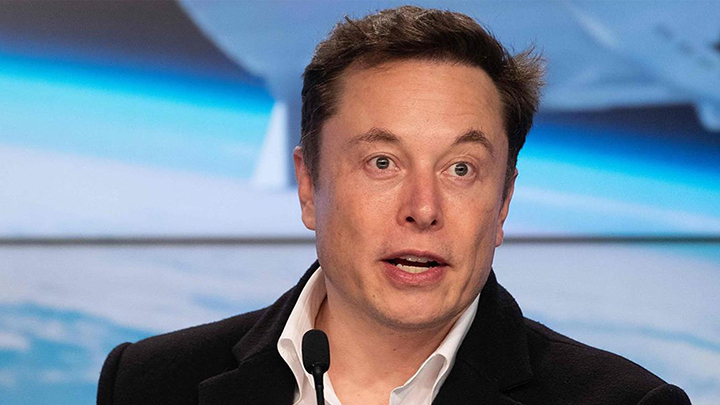Kenya Breweries Limited (KBL) has made significant strides in its commitment to sustainability by introducing a returnable glass collection model, as it successfully collected 144,000 cases (5.76 million pieces) of recyclable spirits bottles within the three months leading to September.
This remarkable initiative follows a successful pilot phase conducted at the end of the previous financial year, which affirmed KBL's capability to recycle spirits bottles similar to the company's well-established practice with beer bottles.
Aptly named "Project Rudisha," this program aims to establish a sustainable spirits glass collection model, transitioning from a one-way bottle packaging approach to a returnable glass model.
The project aligns with KBL's overarching ambition to be environmentally sustainable and adaptable to a low-carbon future.
Read More
KBL Managing Director, Mark Ocitti, emphasized the company's commitment to this transformation, stating, "We are rapidly making the shift from one-way glass use to a returnable spirits glass model because it is the right thing to do as we stem value chain emissions which constitute the largest portion of our greenhouse gas (GHG) emissions."

This strategic initiative is not only curbing greenhouse gas emissions but also reducing water and energy consumption, minimizing KBL's contribution to landfills, and ultimately decreasing operational costs.
It also plays an essential role in job creation across the entire spectrum of bottle collection, washing, sorting, and return to the production site.
"This project is already reducing our water and energy consumption, cut down KBL’s contribution to landfills and lower our cost of doing business. Additionally, it is providing jobs across collection, washing, sorting, and returning of the glass bottles to our production site. Project Rudisha demonstrates our awareness and understanding of the interconnected nature of sustainable practices," Ocitti stated.
The core of this model involves a rigorous distributor-recollection process, where vans delivering KBL products collect 250 ml bottles from bars, which are then transported to the Ruaraka facility.
There, these bottles undergo meticulous sorting, cleaning, and sterilization processes before being refilled with their respective spirits at UDV, KBL's spirits-making subsidiary.
One remarkable aspect of this initiative is the achievement of an impressive breakage threshold of just 1 per cent, demonstrating efficient handling and transportation of the collected bottles.
During the pilot phase, the project contributed significantly to environmental sustainability by saving a remarkable 240 tonnes of carbon dioxide.
It underscored its role in reducing greenhouse gas emissions as part of KBL's decade-long strategy, Society 2030: Spirit of Progress.
As a testament to its commitment to sustainability, KBL has decided to expand the program.
Starting in July this year, the company expanded the project from the initial six distributors in the pilot phase to a total of twenty-five distributors nationwide.
This expanded phase is projected to create 500 additional jobs, highlighting the campaign's significant contribution to local employment opportunities.
KBL has set an ambitious goal of reducing 5,000 tonnes of carbon dioxide, further solidifying its position as an industry leader in waste management and the circular economy.
The "Project Rudisha" represents a remarkable step forward in KBL's commitment to sustainability and environmental responsibility, making significant strides towards a low-carbon future while fostering local job opportunities and waste reduction.








